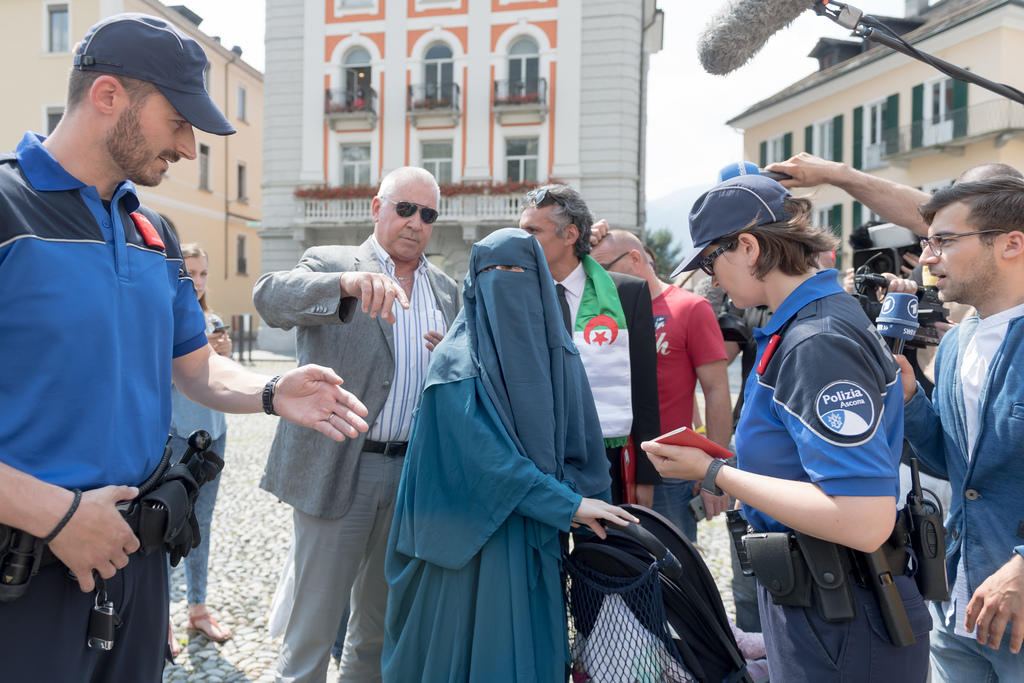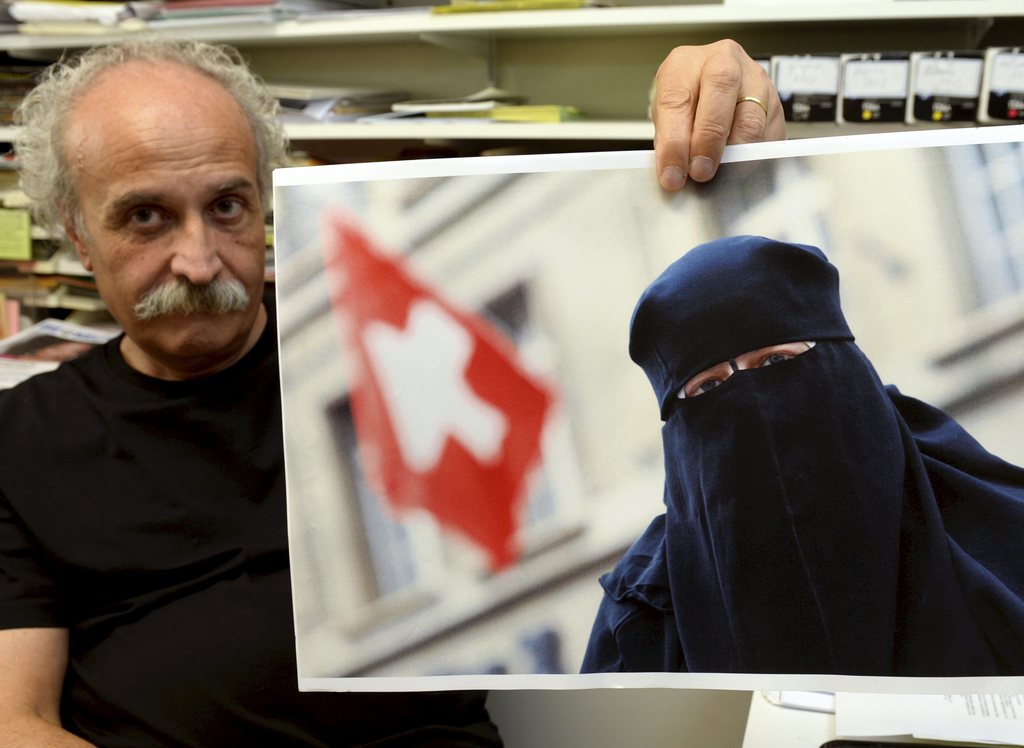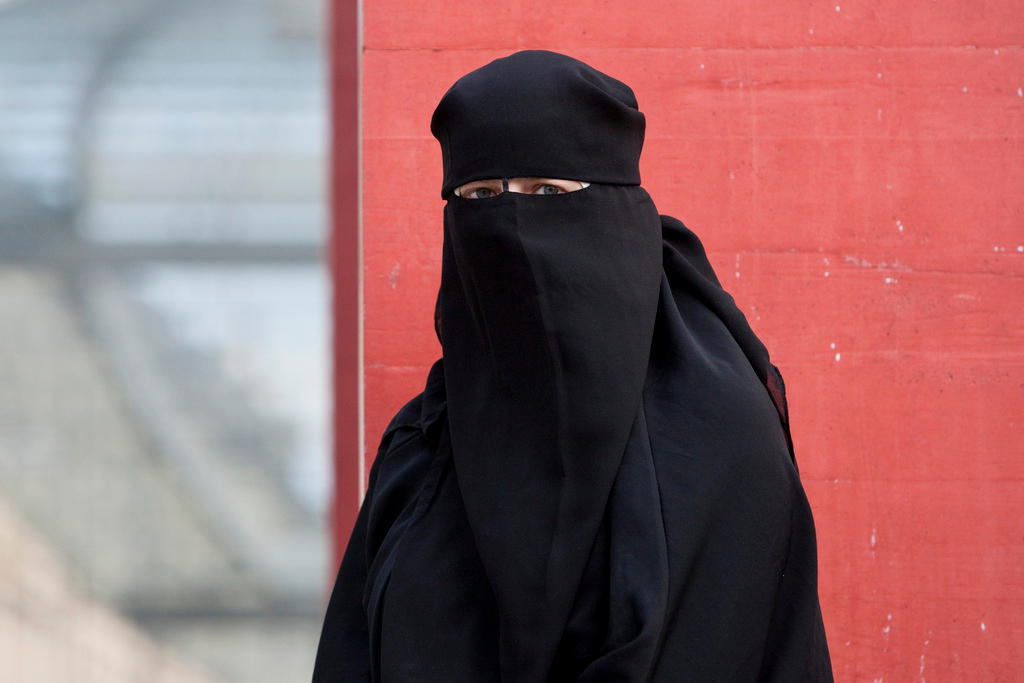President of Locarno Film Festival defends burka ban

Banning the wearing of face coverings is a question of local cultural values, according to Marco Solari, president of the Locarno Film Festival. The ten-day festival opens on Wednesday in canton Ticino, where wearing a burka or niqab has been illegal since July 1.
In Switzerland, people show their face and shake hands, Solari said in an interview on Tuesday with newspaper Blick. “Whoever comes here should abide by our rules” he added.
The case of two teenage Muslim brothers at a school in Therwil who refused to shake the hand of their teacher before and after class – a common practice in Swiss schools – generated headlines around the world at the beginning of April.
In 2013, nearly 65% of Ticino’s voters approved an initiative to forbid people from wearing clothing that covers the face. The legislation does not specifically mention burkas or Muslims, but states that “nobody in public streets or squares may veil or hide their face”. It doesn’t apply to headscarves.
The ban has attracted much attention and criticism, with many questioning whether it makes sense when there are so few burka and niqab wearers living in Ticino. The new law also applies to tourists.
But Solari, 71, stressed that he didn’t want to be misunderstood as illiberal, saying one can’t accept, in the name of liberalism, the oppression of women.
‘Victim Ticino’
While the film festivalExternal link portrays itself as cosmopolitan and open, in February 60% of voters in Italian-speaking Ticino came out in favour of a (rejected) national initiative to automatically deport foreigners who commit certain crimes.
Solari, festival president since 2000, puts that down to the wage gap between the southern Swiss canton and neighbouring Italy.
“Many people in Ticino have personal experience of [wages being undercut by foreign workers]. And these economic problems led to feelings of resentment,” he said.
Solari described Ticino as a “victim of the bilateral treaties” which Switzerland has agreed with the EU and which allow for, among other things, the free movement of people.
If the bilaterals were put to a referendum, Solari thinks Ticino would reject them.

In compliance with the JTI standards
More: SWI swissinfo.ch certified by the Journalism Trust Initiative











You can find an overview of ongoing debates with our journalists here . Please join us!
If you want to start a conversation about a topic raised in this article or want to report factual errors, email us at english@swissinfo.ch.